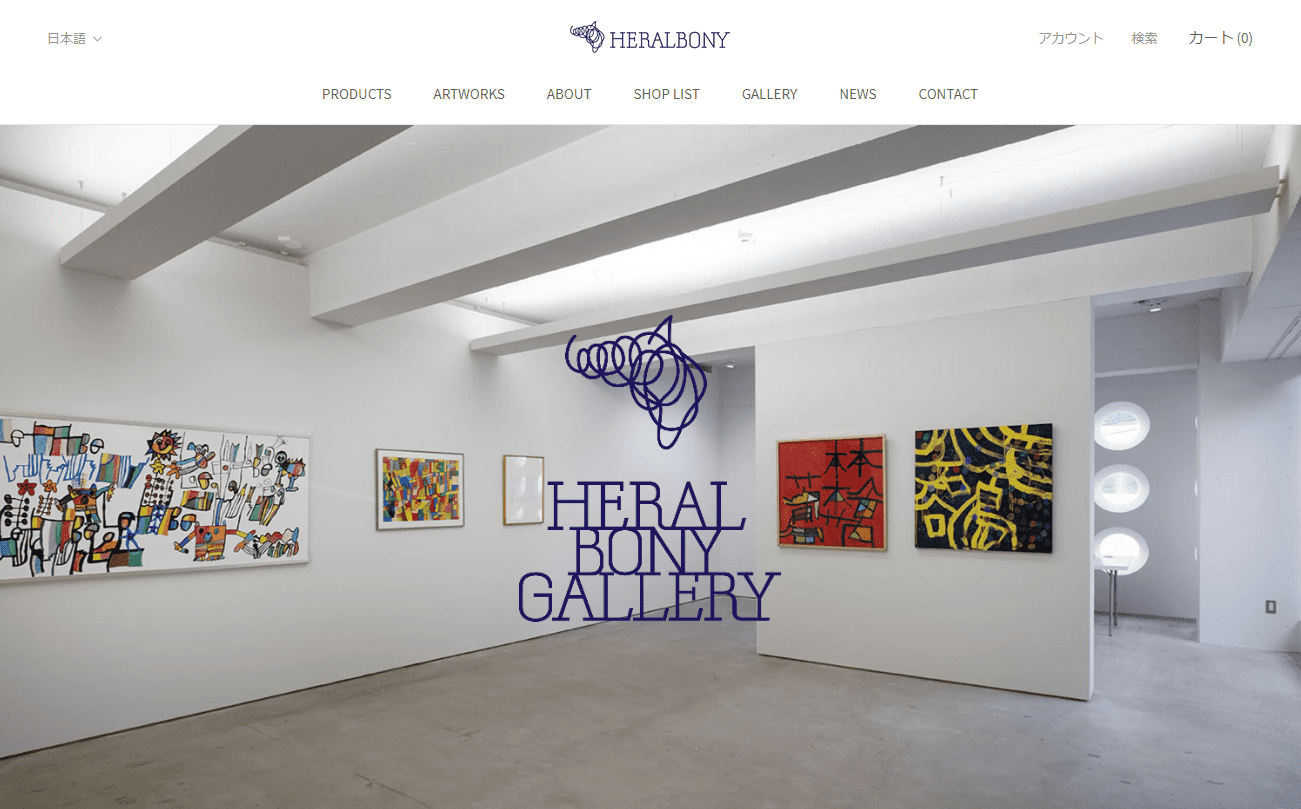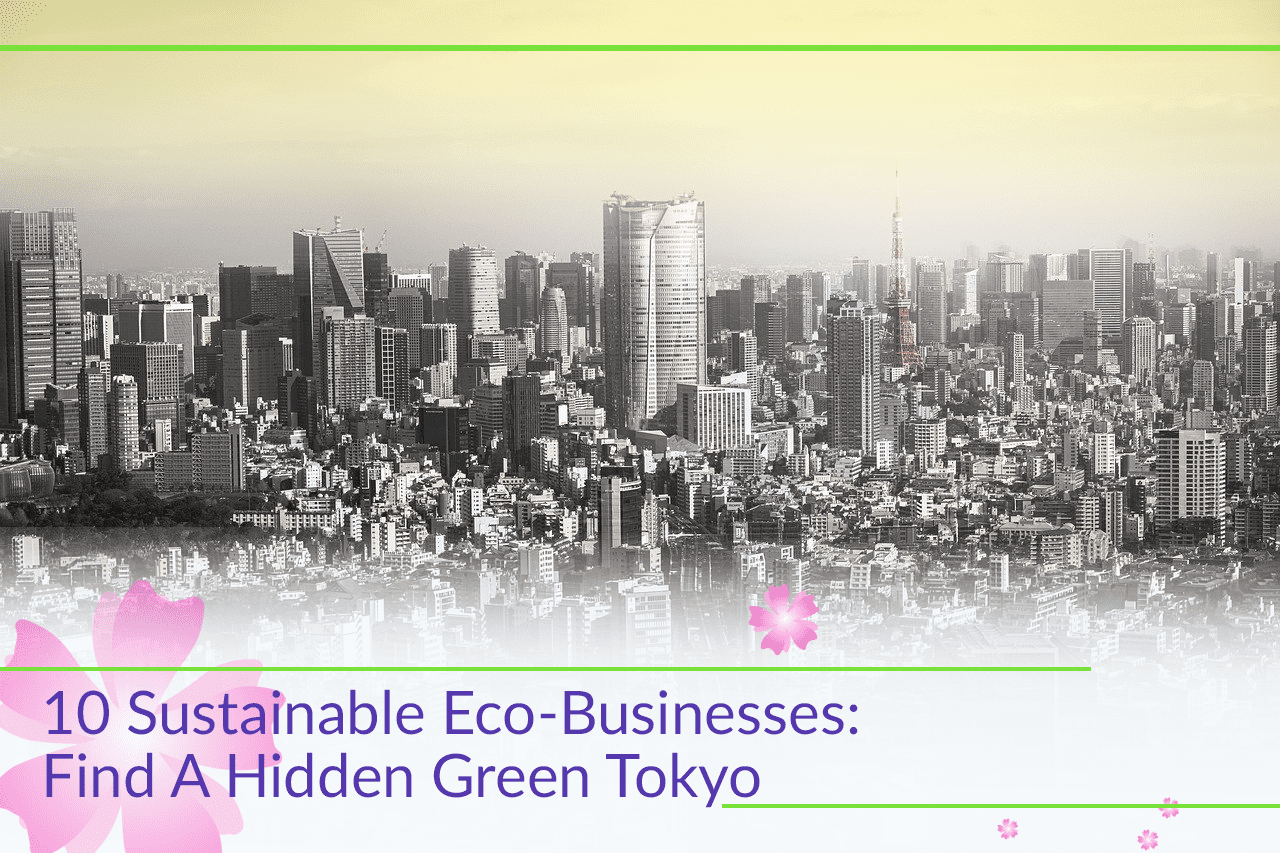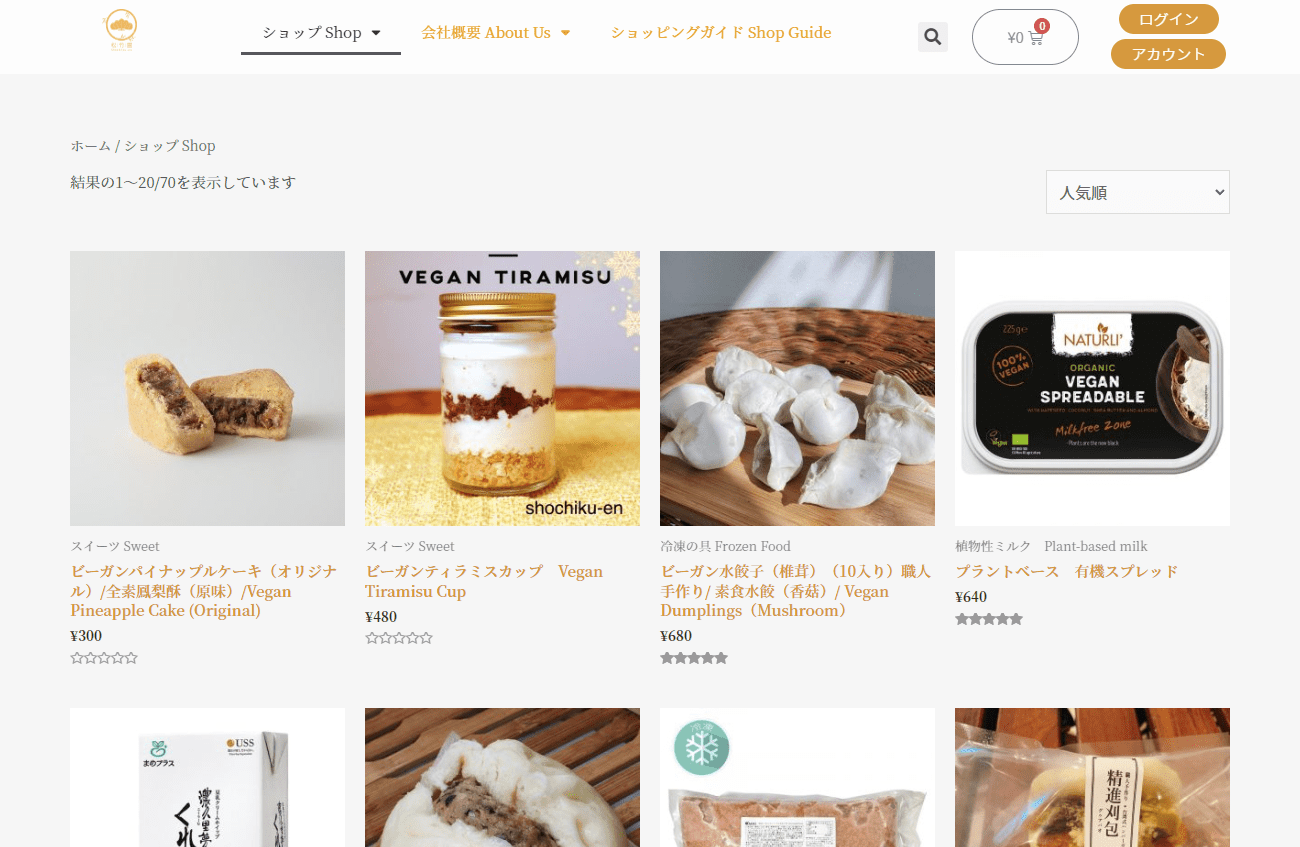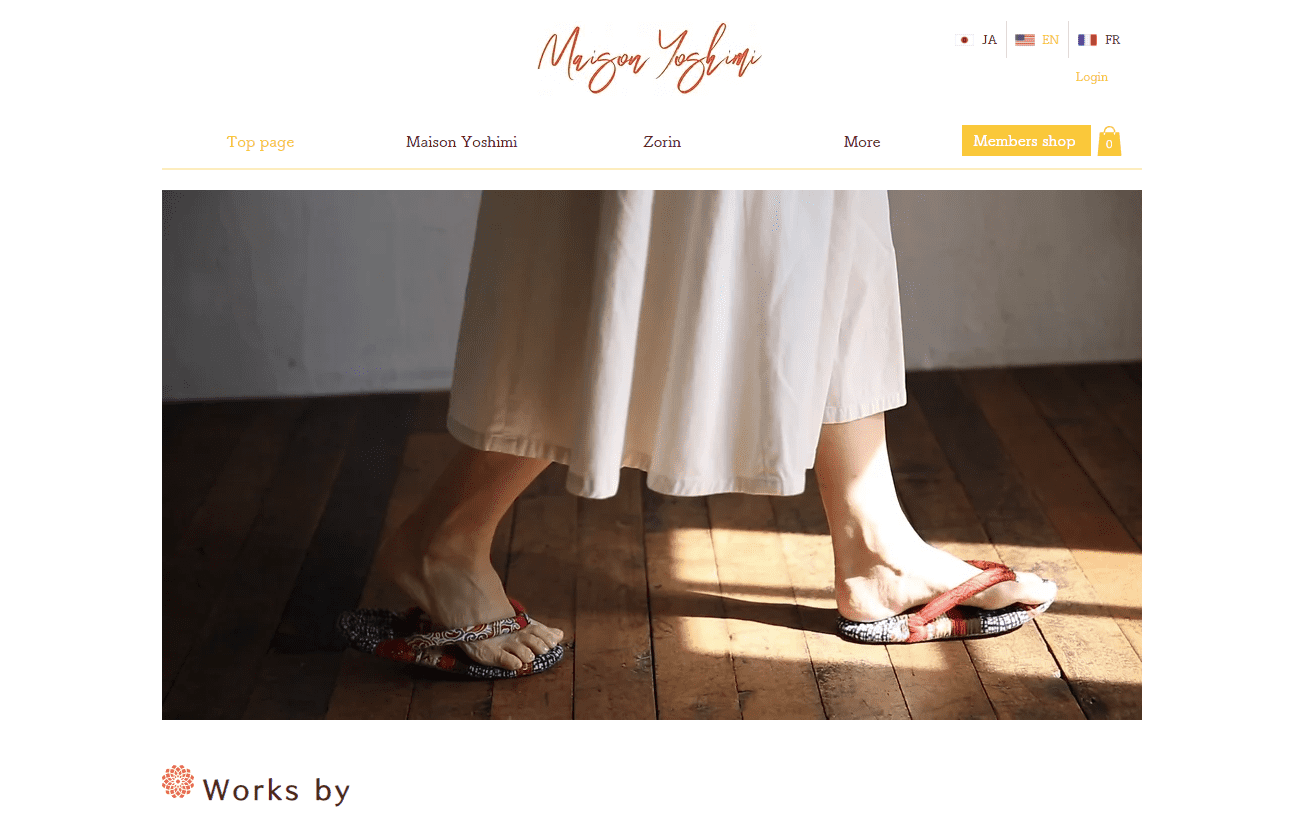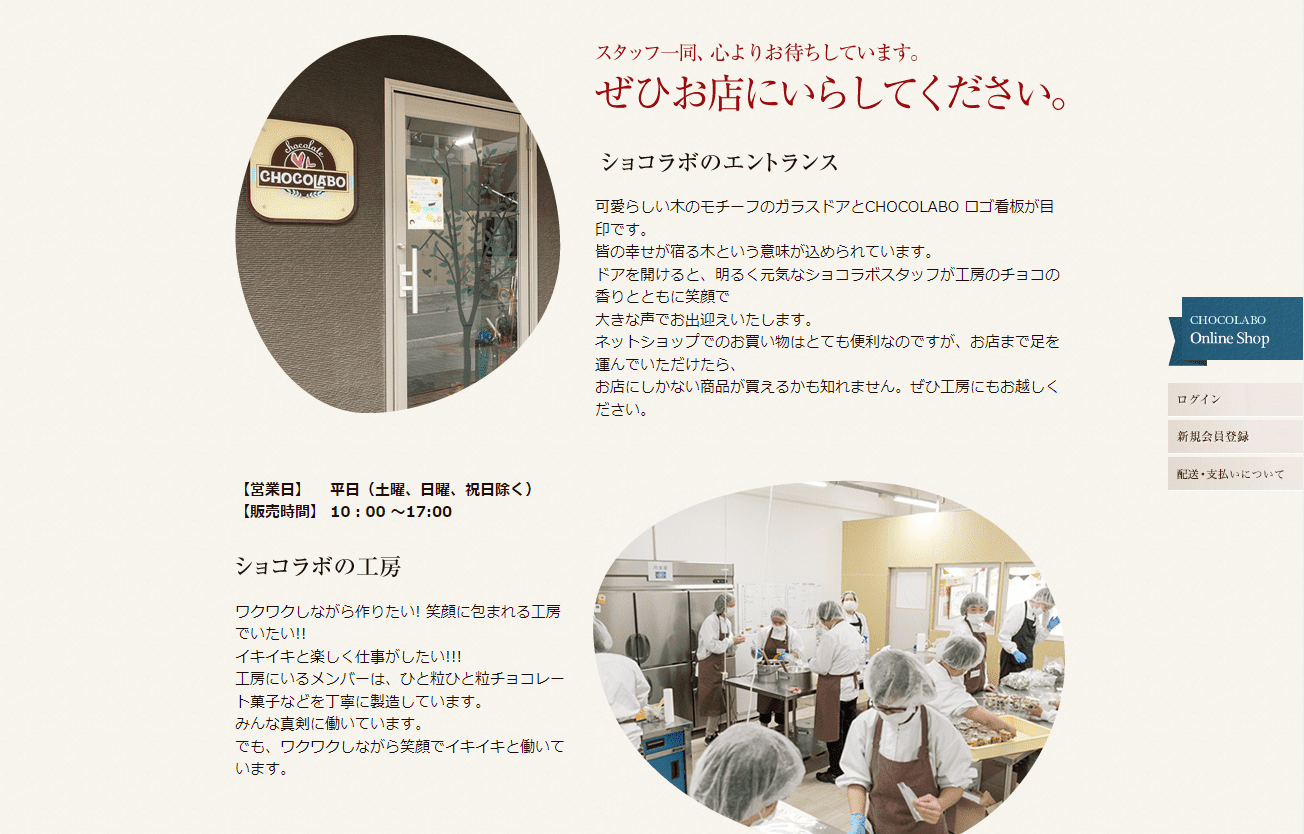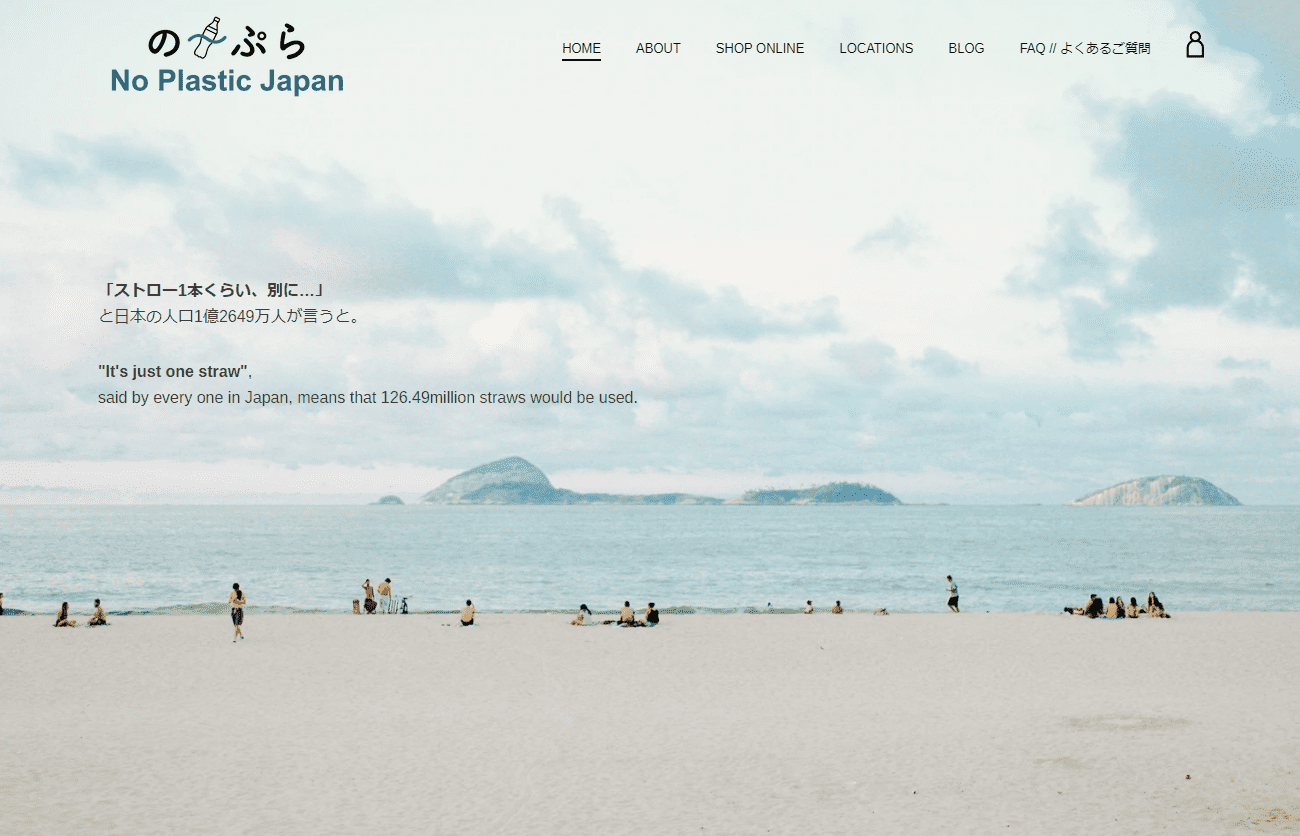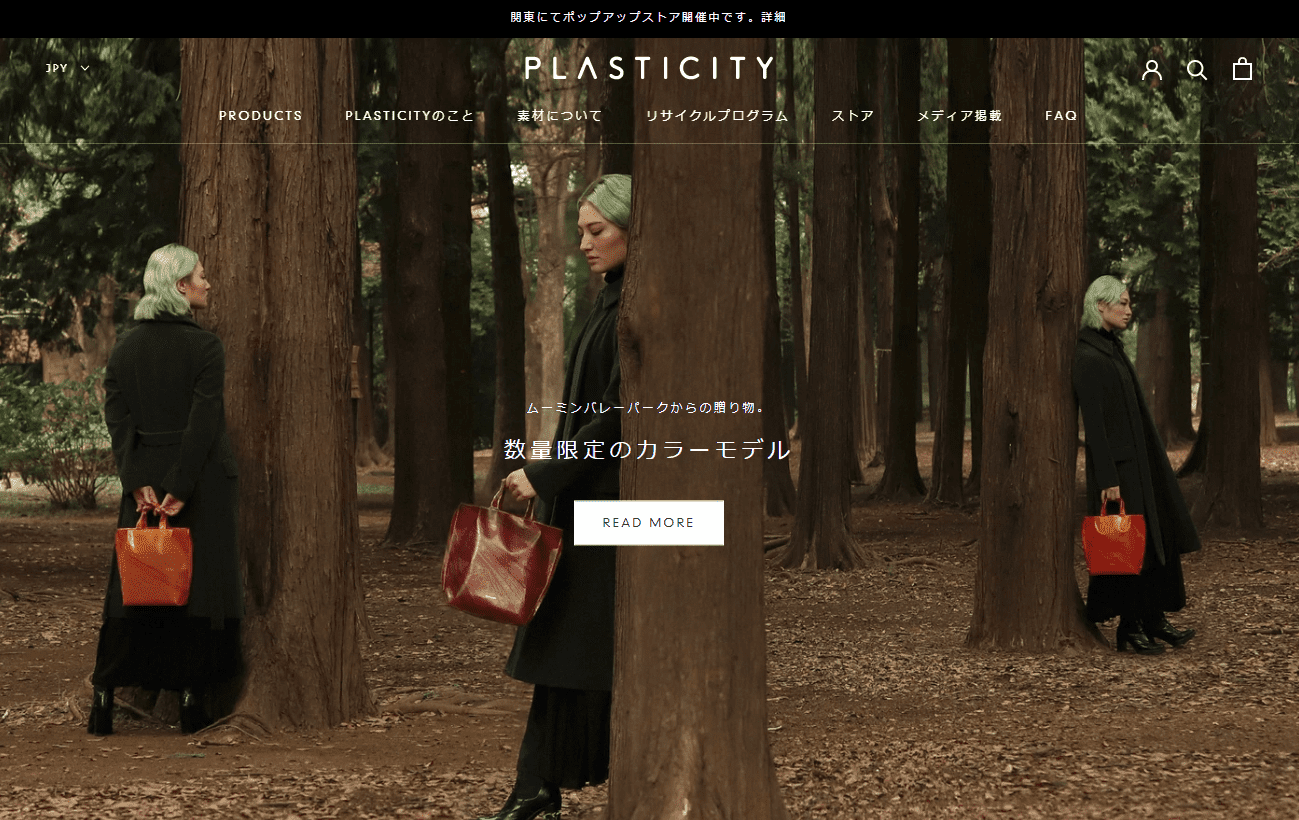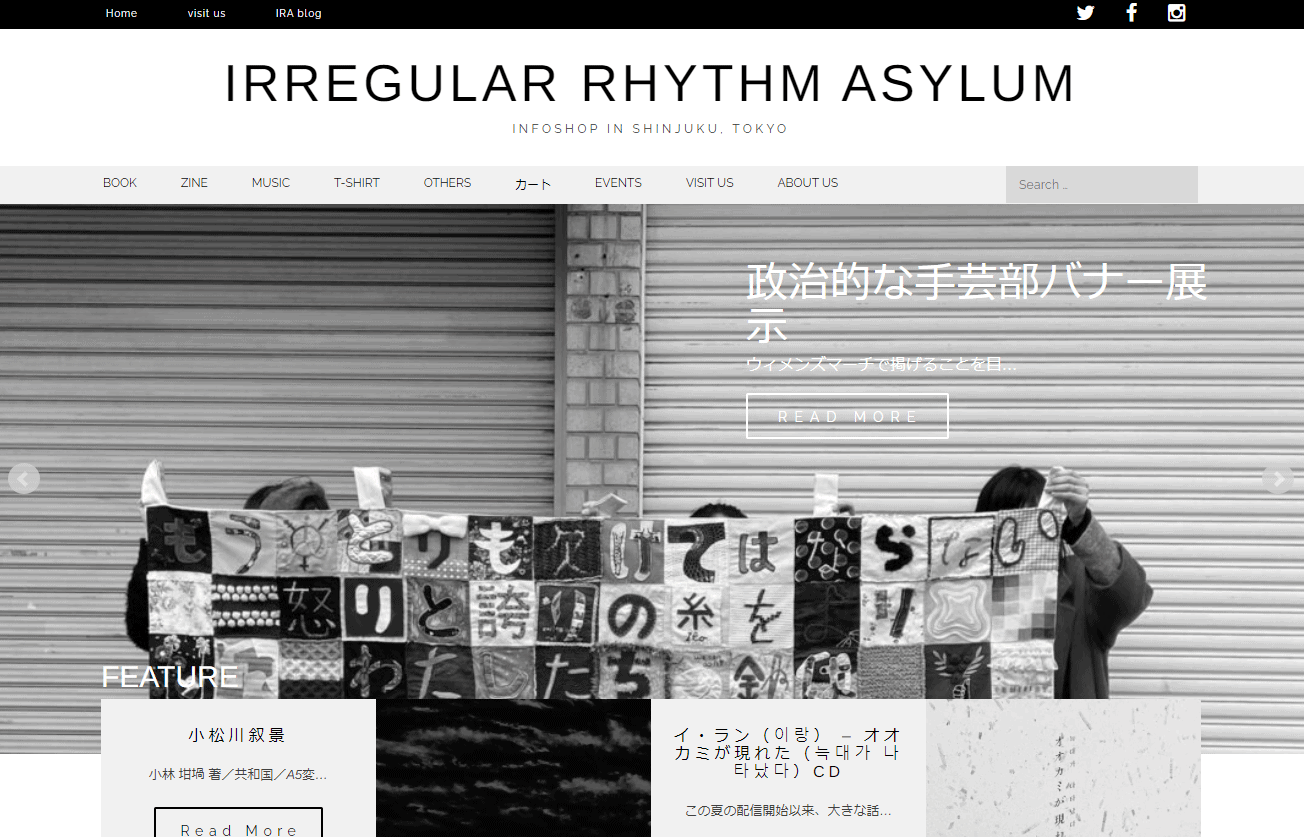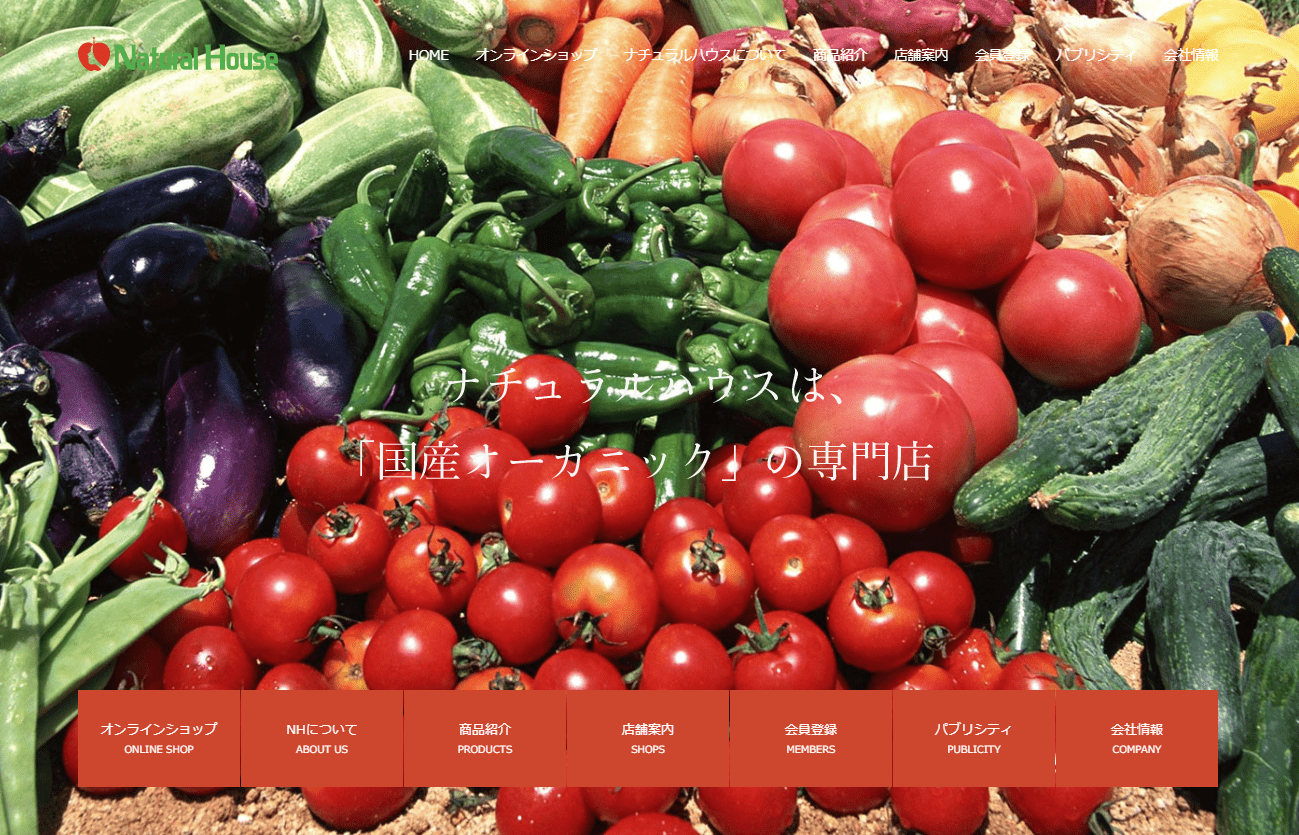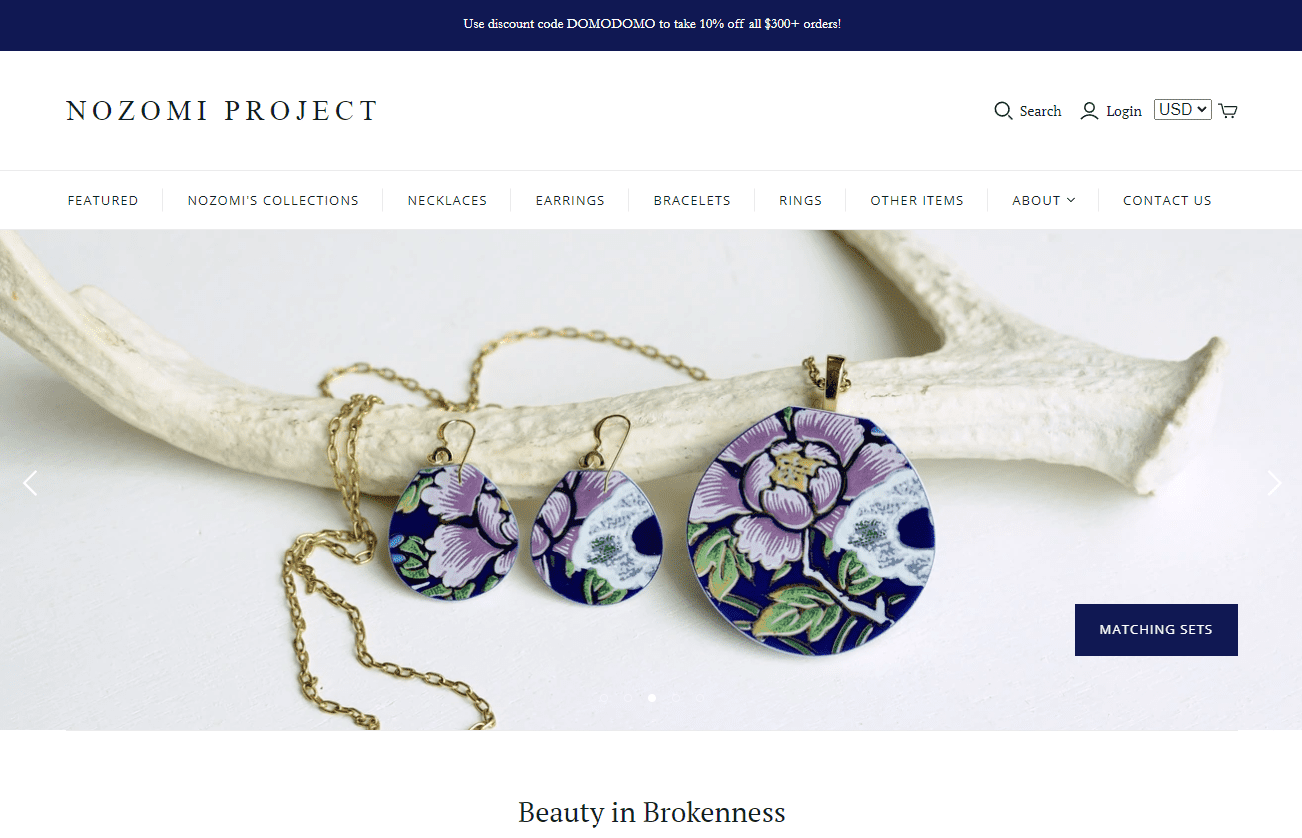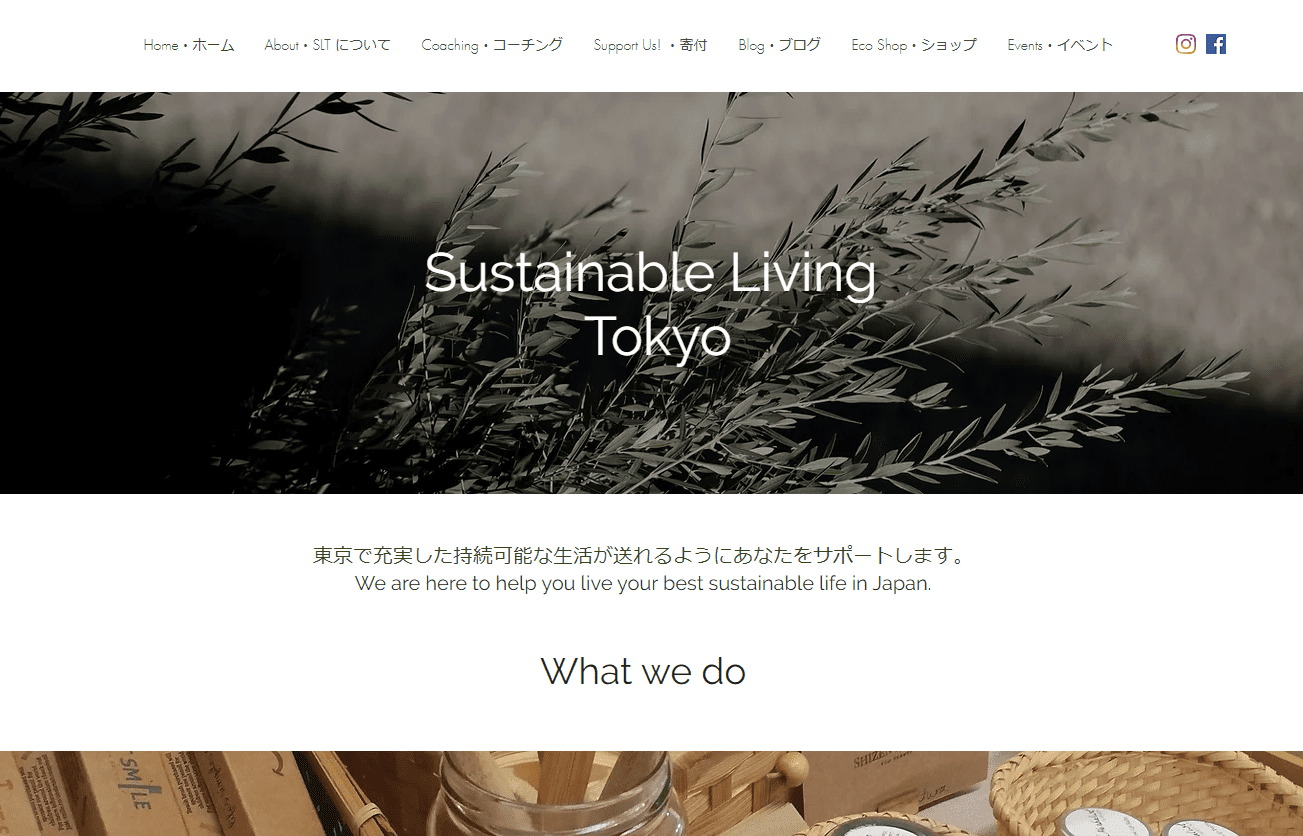These 10 Sustainable Eco-Businesses are Just the First in a Series
Sustainable businesses are important to me. They really represent the human spirit’s aspiration to materialize a better version of ourselves as individuals and societies. In particular, sustainable businesses are concerned with an aspect of ourselves that is connected and has some reverence for the wisdom traditions that preceded us, for civic responsibility, empowerment, agency, and the ability to ever so slightly change the course of culture.
Let’s explore the first 10 in a series of businesses that will be featured here, some of whom are Support4Good members.
Heralbony
